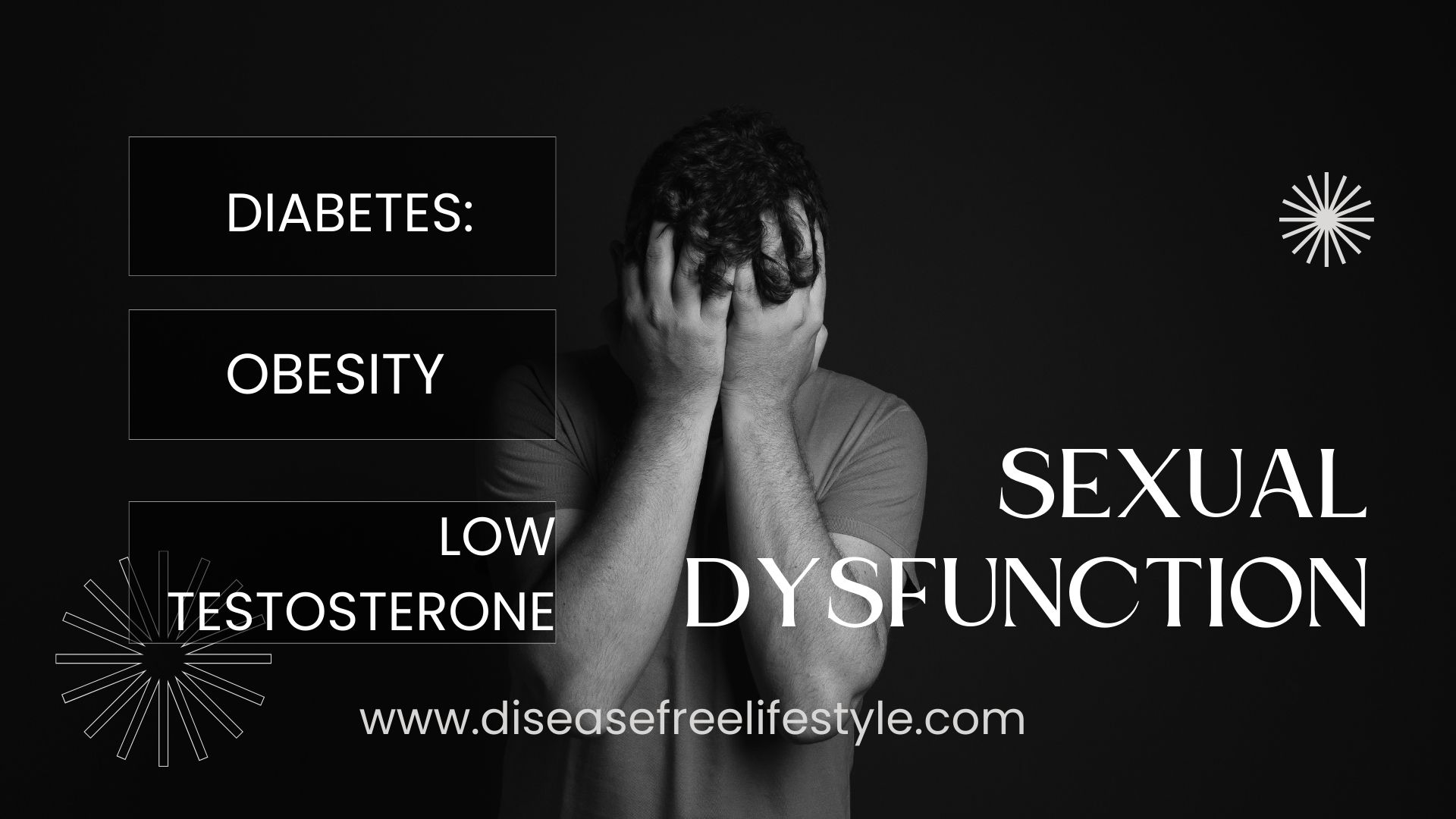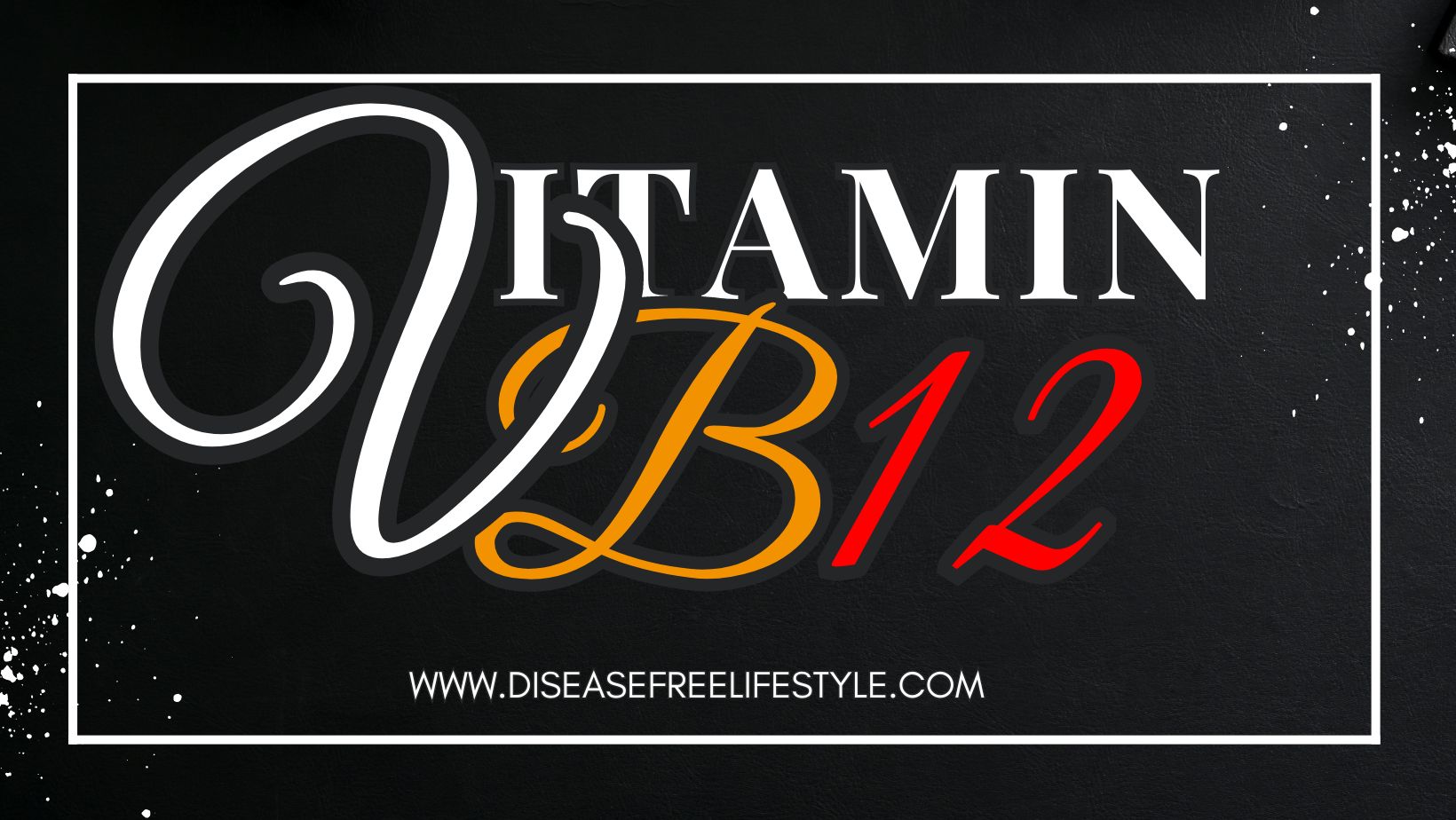Sexual Dysfunction is often interconnected with Diabetes and obesity. Insulin converts an excess amount of glucose in the blood into TG (Triglyceride), with a view to utilizing in the future. But if you don’t control it, then it leads you to obesity and diabetes. Here’s a breakdown of the relationships:
Diabetes and Obesity:
- Insulin Resistance: Type 2 diabetes is often preceded by insulin resistance, a condition where the body’s cells become less responsive to insulin, the hormone that regulates blood sugar. In the condition of Insulin resistance, insulin can promote TG synthesis and storage in the liver and other tissues,
- Weight Gain: Insulin resistance can lead to weight gain due to increased appetite and decreased energy expenditure.
- Visceral Fat: Excess weight, especially visceral fat (fat around the organs), can further impair insulin sensitivity, creating a vicious cycle.
Diabetes and Sexual Dysfunction:
- Nerve Damage (Neuropathy): High blood sugar levels can damage nerves, including those involved in sexual sensation and function.
- Blood Vessel Damage (Vascular Disease): Diabetes can lead to atherosclerosis, narrowing of blood vessels, which can impair blood flow to the genitals.
- Hormonal Changes: Diabetes can disrupt hormone production, affecting libido and sexual performance.
Obesity and Sexual Dysfunction:
- Low Testosterone: Obesity, particularly in men, can lead to low testosterone levels, which can contribute to erectile dysfunction and decreased libido. Low testosterone, also known as hypogonadism, can lead to a range of symptoms, including decreased libido, erectile dysfunction, fatigue, and mood changes.
- Body Image Issues: Obesity can negatively impact self-esteem and body image, leading to anxiety and decreased sexual desire.
- Physical Limitations: Excess weight can sometimes make sexual activity uncomfortable or physically challenging.
Treatment Options:
- Testosterone Replacement Therapy (TRT): If your testosterone levels are low, your doctor may recommend TRT. This involves taking testosterone supplements in various forms, such as injections, gels, or patches.
- Lifestyle Changes: Certain lifestyle changes can help improve testosterone levels and overall health:
- Weight management: Maintaining a healthy weight can help regulate testosterone levels.
- Exercise: Regular physical activity can boost testosterone production.
- Stress management: Chronic stress can lower testosterone levels.
- Healthy diet: A balanced diet rich in fruits, vegetables, lean protein, and whole grains can support overall health and testosterone production.
- Limit alcohol intake: Excessive alcohol consumption can lower testosterone levels.
- Avoid smoking: Smoking can negatively impact testosterone production and overall health.
Important Considerations:
- Consult a Doctor: Always consult with a healthcare professional before starting any new treatment, including TRT.
- Monitor Side Effects: TRT may have side effects, such as acne, enlarged prostate, and increased risk of blood clots.
- Regular Follow-Up: If you’re on TRT, it’s important to follow up with your doctor regularly to monitor your testosterone levels and for any necessary adjustments.
In Conclusion:
While diabetes and obesity are not always the sole causes of sexual dysfunction, they can significantly increase the risk. By managing blood sugar levels, maintaining a healthy weight, and addressing any underlying health conditions, individuals with diabetes can improve their overall health and well-being, including sexual function. It’s important to consult with a healthcare professional for personalized advice and support.










